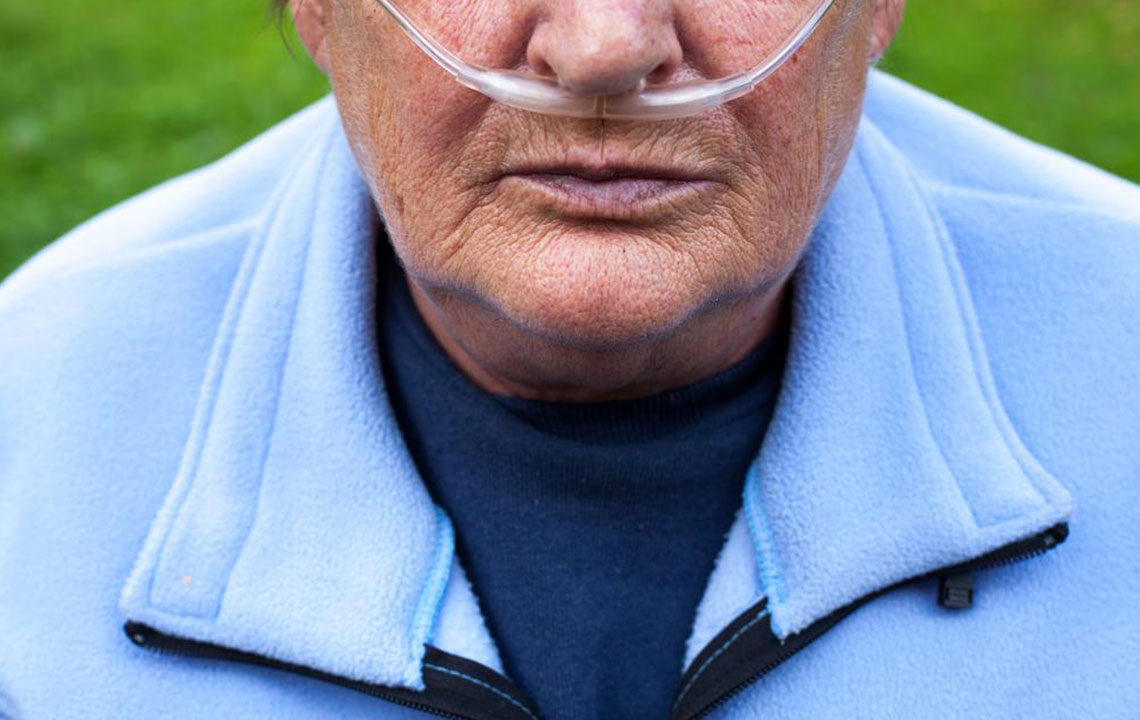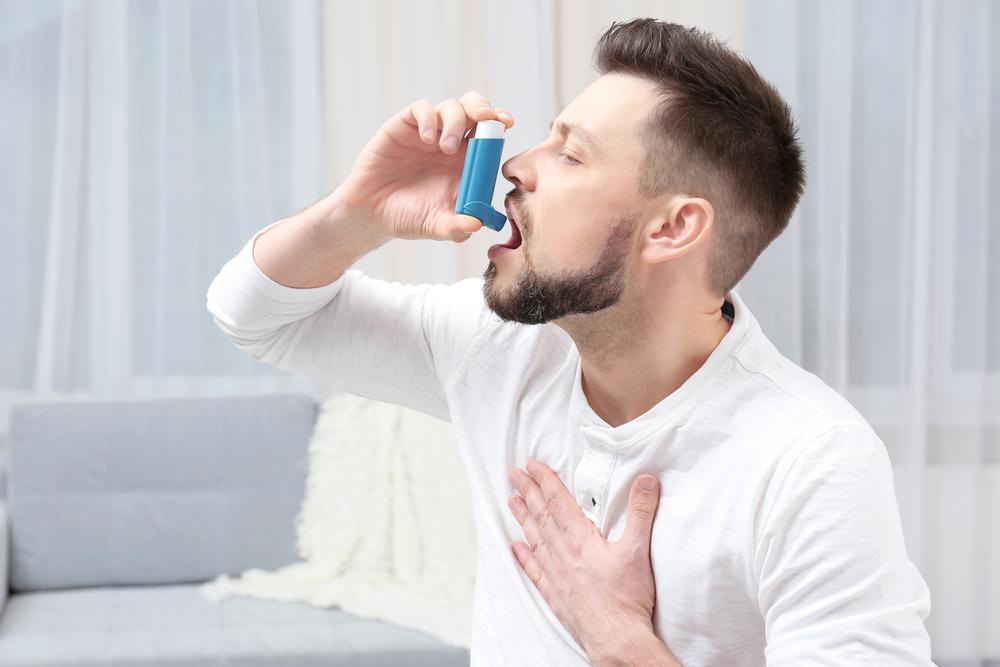Exploring Five Types of Asthma and Their Treatments
This article discusses five distinct types of asthma, including allergic, exercise-induced, cough-variant, occupational, and nocturnal asthma. It explains how each type manifests, triggers, and the treatment options available. Understanding these variations helps individuals and healthcare providers develop targeted management strategies for better respiratory health and symptom control. The article emphasizes the importance of consulting medical professionals for accurate diagnosis and personalized treatment plans, providing valuable insights into managing this chronic respiratory condition effectively.

Exploring Five Types of Asthma and Their Treatments
Asthma is a long-term respiratory disorder characterized by narrowing and inflammation of the airways in the lungs. This causes increased mucus production and symptoms such as chest tightness, breathing difficulty, wheezing, and coughing. Over 25 million individuals in the country, including children and adults, live with asthma, though symptom severity varies. Its triggers can be diverse, making diagnosis sometimes challenging. Understanding the different asthma types enables targeted treatment strategies. Keep reading to learn about the various forms of asthma and how they can be managed effectively.
Allergic Asthma
This form is triggered when airborne allergens such as mold spores, pollen, pet dander, or dust particles enter the lungs and cause inflammation. Sometimes, food allergies related to dairy, yeast, or gluten can also provoke symptoms.
Exercise-Induced Asthma
Physical activity can trigger asthma symptoms in some individuals. Many athletes and fitness enthusiasts experience breathing issues post-exercise, and in some cases, symptoms only appear during workouts.
Cough-Variant Asthma
This subtype is difficult to diagnose because it often presents solely as a persistent cough, resembling other conditions like sinusitis, bronchitis, or hay fever, which can lead to underdiagnosis.
Occasionally, persistent coughing without other symptoms might delay diagnosis and appropriate treatment.
Occupational Asthma
This type results from inhaling irritants like chemicals, fumes, dust, or gases in the workplace. Symptoms occur only in the work environment, improving or disappearing when away from it.
Nocturnal Asthma
Nighttime asthma symptoms, such as coughing, wheezing, or shortness of breath, are common. These episodes are influenced by circadian rhythms, and many patients experience worsened symptoms during sleep.
Effective treatment depends on the asthma type. Healthcare providers may recommend inhaled or oral corticosteroids, beta-agonists (long or short-acting), leukotriene modifiers, combination inhalers, or allergy medications. In severe cases, bronchial thermoplasty may be considered to reduce airway constriction.
Important Note:
The information provided regarding symptoms and treatments is for educational purposes only. It should not replace professional medical advice. Always consult qualified healthcare providers for diagnosis and treatment options tailored to individual health needs.










